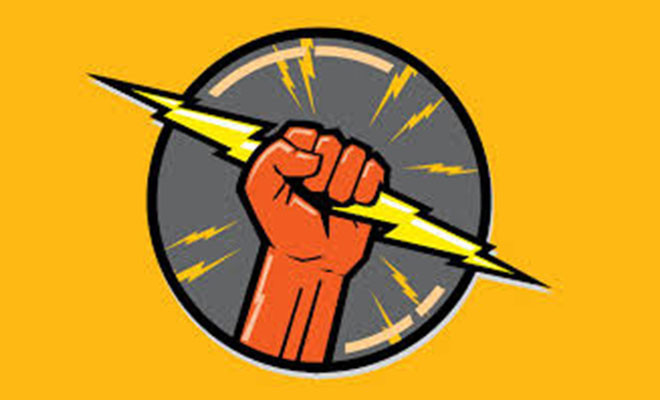
How to Become Indispensable
Are you indispensable? This is the question Seth Godin, bestselling author of the newly published Linchpin, poses to readers. In this interview, Godin tells us what it means to be indispensable, and why being indispensable, or a “linchpin,” is the surest path to success.
What is a “linchpin”?
A linchpin is someone who does work that matters, someone who would be missed if they were gone. A linchpin is someone who has no trouble answering the question, “Why shouldn’t I pay someone else less to do what you’re doing?” They’re a contributor we can’t live without.
Why is being a linchpin so necessary today?
The economy has shifted, probably forever. The industrial age is over. The idea of compliant workers following instructions and generating output in a factory (any kind of factory) doesn’t work when your competition is everywhere. All that we can do to earn more than the minimum is to be human, to connect, to lead and to create art.
What are the four defining qualities of a linchpin?
1. Work without a map, figure out what to do next instead of waiting to be told.
2. Conquer the lizard, the fear of being laughed at.
3. Ship it out the door. Ship, always ship.
4. Practice generosity. Art in all its forms involves a gift, something more than expected or demanded, something personal that changes the recipient.
How can you know if you are a linchpin?
Would they miss you if you were gone? For how long?
How can you become one?
My book is about a choice. I can’t tell you the route, but I can describe the destination. The challenge is to choose. To choose to do work that matters, to bring your true self to whatever it is you’re going to do, to fight the urge to blindly comply. If you make the choice and commit to it, the rest follows.
What are the hurdles to becoming a linchpin?
The biggest hurdle is overcoming the voice of the lizard brain, the pre-historic lump near your brain stem that wants you to fit in, to lay low and to “survive.” This voice, and we all have it, sabotages the work and pushes us to do precisely the wrong thing. It keeps us from shipping, from finishing, from doing the work that matters.
Does today’s go-go-go tempo make doing the work — the art — of a linchpin that much harder?
Actually, it makes it easier, because the cost of failure is so very low. Because you can ship so often, engage the market so often, it costs less to find out if you’re on the right track.
Do women face specific challenges?
One big one: Society brainwashes all of us to comply, but it brainwashes women twice. There are huge amplifiers for the lizard brain, significant cultural mores that need to be overcome. The good news is that they can, and are, all the time. Being brainwashed is no longer a sufficient excuse to keep you from doing your art.
You use the term “emotional labor” – what is it?
We don’t get paid to do physical labor (lifting stuff). We get paid to do emotional labor, things we don’t feel like doing, things that are mentally or emotionally difficult: difficult conversations, creations that might be criticised, personal connections when we don’t feel like it…
Are there industries that attract linchpins? Are there industries that don’t?
Coal mining and pacemaker assembly lines don’t take kindly to innovative artists. Almost every other industry has room for people who want to challenge the status quo and make a difference…
To be a linchpin, do you have to know what your “calling” is and be doing that work, or could you be a linchpin even in a job that doesn’t deeply satisfy you?
I think the challenge is to decide to be satisfied with the work you’re doing, not to demand the work be satisfying.
There are artists everywhere. Emotional labor is the act of doing great work wherever you are.
Linchpin: Are You Indispensable?CLICK HEREto purchase your copy







